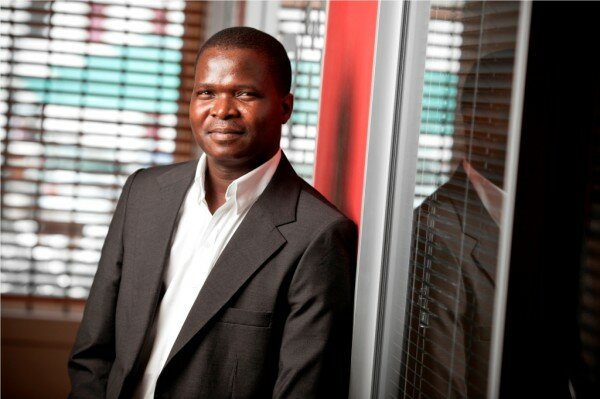
In this guest post for HumanIPO, Ayanda Dlamini, Business Development Manager at LGR Telecommunications notes that as the next big frontier for market growth, Africa is rich with potential. But African businesses have been slow to capitalise on this, and stand to lose out to foreign players.
Sub-Saharan Africa holds massive potential for economic growth, with six of the top ten fastest-growing economies in the world located in this region. Blessed with rich natural resources and a young, fast-growing population, Africa is set for rapid growth – a fact that has not escaped the attention of giant multinationals operating out of Asia, the US and Europe. Ironically, Africa’s own enterprises are proving slow to capitalise on the growth opportunities in Africa, and stand to lose out to competitors from abroad, if they do not take action soon.
The ICT sector has possibly the most to gain in an African economic boom, as ICTs underpin every development initiative in every industry vertical. Connectivity in particular, is crucial for development. From agriculture and education, to enterprise development, ICT is a crucial factor in modernising and optimising every sector. And because nobody understands Africa like Africa itself, African ICT companies should be expending across borders to deliver relevant solutions that support overall social and economic growth and development. Yet, we are seeing many African ICT players slow off the mark, hesitant to expand into neighbouring countries and losing the ICT market share race to major international players.
In many cases, when ICT companies based in Africa look to export, they target the US and Europe – not Africa – and sadly, they tend to import finished goods from these regions.
There are a number of reasons for Africa’s slow capitalisation on its own opportunities. Firstly, African ICT companies generally lack the financial muscle and state support that their Western and Asian competitors enjoy. In addition, African companies are well aware of the challenges of operating in many African countries. Secondly, in many instances, infrastructure is lacking, so a company planning to develop a mast for example, may also have to take steps to ensure that the necessary transport, power and water infrastructures are put in place. There are also the challenges of political instability, the huge variety of cultures and languages across the continent, and legal and regulatory issues that hamper cross-border trade.
These issues can discourage individual African ICT players, while in contrast, competitors from the West and Asia may enter the continent on the back of multi-billions of dollars in investment, a broad pan-African agenda and in partnership with a number of companies to overcome infrastructure challenges.
It may seem difficult to compete, but it is not impossible. We are not handicapped, we simply need to roll up our sleeves and start thinking big. Africa’s ICT players need to look to partnerships to enable cross-border trade, offer bundled end-to-end solutions and overcome the infrastructure challenges that might hamper development in many regions. We need to forge alliance that allow us to cross-sell, upsell and exploit synergies.
African states are now moving slowly to ease restrictions in the way of opening and doing business in Africa. Africa’s ICT sector needs to lobby for faster progress and a regulatory framework that encourages Africa-to-Africa trade.
Africa has both the resources and the resourcefulness to develop a thriving ICT sector delivering solutions fit for purpose in Africa. The outlook is very healthy. All we need to do is take action and seize the opportunity.















